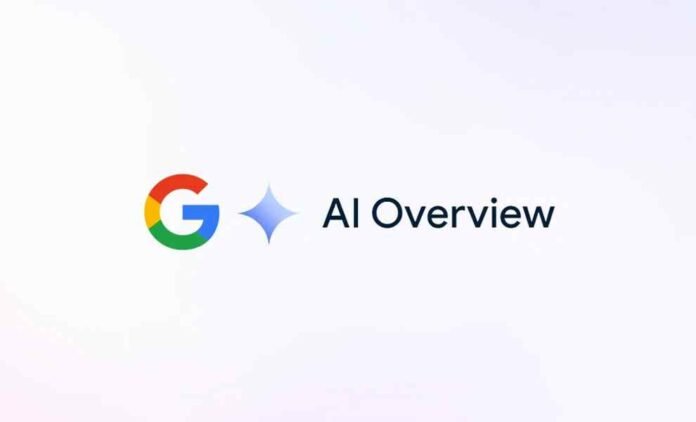Contents
Google is pushing back against claims that its new AI Overviews in Search are siphoning traffic away from publishers. According to the company, the volume of organic clicks from search results has stayed “relatively stable” compared with last year, despite the rollout of its generative AI summaries.
The response comes amid growing unease from publishers, SEO experts, and analysts who fear that summarizing answers directly on Google’s results page could reduce the incentive for users to click through to original sources.
Google Says Clicks Are Just as Strong—And More Useful
In a blog post, Liz Reid, Google’s Head of Search, said that while people’s search habits are changing, the number of clicks sent to websites hasn’t dropped dramatically. More importantly, she argued, those clicks are now “higher quality”—with fewer users bouncing straight back to the results page after visiting a site.
Google claims that AI Overviews actually lead to longer, more specific search queries and present more clickable links per results page, which it says helps balance out any potential traffic loss from people finding quick answers in the AI box itself.
Outside Studies Paint a Different Picture
Not everyone is convinced. Data from BrightEdge suggested that click-through rates for the top organic result have plunged by more than 30% since AI Overviews launched. Another analysis from Search Engine Land found that results ranked lower on the page lost even more visibility.
Google has dismissed those findings, saying the studies rely on small data samples and outdated patterns that don’t reflect current search behavior.
A Bigger Debate Over the Future of the Open Web
Beyond the numbers, the dispute taps into a larger conversation: if AI search results do the reading for you, what happens to the sites creating that content in the first place? Cloudflare CEO Matthew Prince recently warned that this trend could “kill” the internet’s content ecosystem by making it harder for publishers to justify producing original work.
Some companies have already taken defensive steps—blocking AI crawlers or demanding compensation when their material is used to train AI models or generate summaries.
Google’s Bottom Line
Google insists it’s not trying to cut publishers out of the equation. The company says it still sends billions of clicks a day to external sites and that AI Overviews are designed to help users find the most relevant, trustworthy information—whether that’s a news article, a forum post, or a video.
“The value exchange between Google Search and the web remains strong,” Reid wrote. “Our goal is to connect people with the best information, from publishers and creators, as effectively as possible.”


